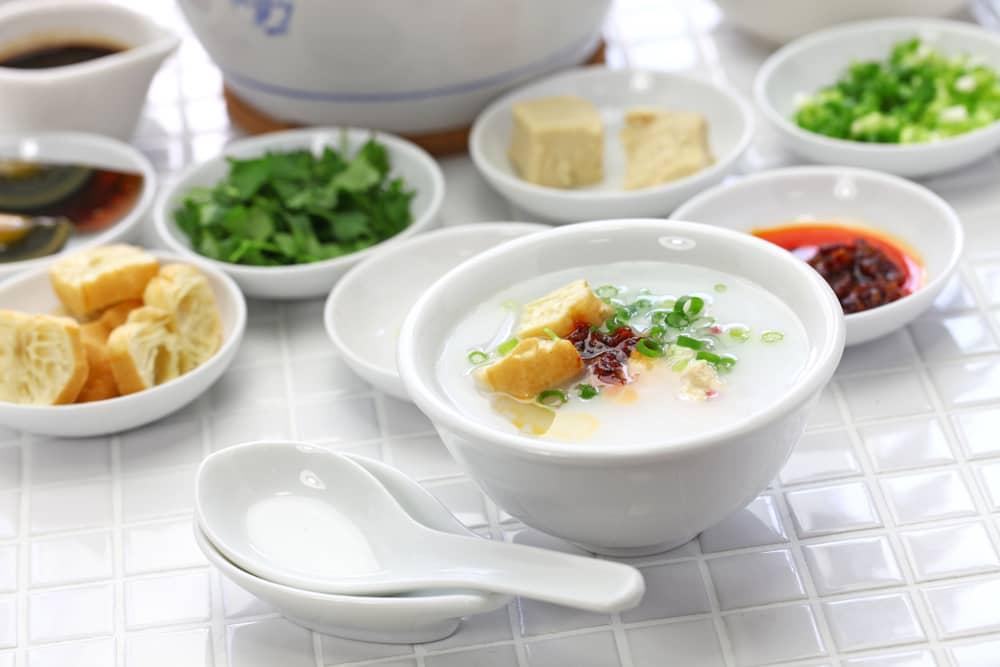During summertime, hot sun and rain facilitate plants thriving and growing; everything is flourishing and changing quickly. We are part of the holistic entity, our body will response to this natural rhythm accordingly. Traditional Chinese Medicine (TCM) claims that aligning daily routine with seasonal changes is essential for health maintenance and disease prevention.
According to TCM theory, summer corresponds to the
fire element, the
heart and the
small intestine, and the emotion of joy. Its dominant energy is yang, with characters like expansive, bright, warm, and outward-moving. To stay healthy in summer, it’s important to support the body’s yang qi while preventing imbalances caused by
summer-heat and excess fire.

Common summer disharmonies include:
- Excess internal heat: sore throat, mouth ulcers, acne
- Damp-heat accumulation: fatigue, bloating, poor appetite, loose stools
- Overactive heart: insomnia, vivid dreams, palpitations, tongue sores
- Yin and qi deficiency from excessive sweating: weakness, dryness
Healthy Habits for Staying Cool in Summer
The wellness practices in summer are about working with the season, rather than against it. This means embracing yang qi through daily activities and social connections while regulating the heart (
spirit). On a physical level, it is also essential to cool the body with the right foods, avoid excessive loss, maintain a strong spleen system, and guard against dampness accumulation. By living in harmony with nature’s rhythms, we can enjoy a vibrant balanced summer.
Emotional balance in summer
Summer is a season of outward expression and joy. Aligning with its vibrant energy supports health and harmony, while negative emotions can disrupt qi flow and affect well-being. Embrace happiness, stay calm, and slow down. Practices like meditation, deep breathing, and spending time in nature help cultivate a peaceful, contented mind.
Sleep routine in summer
To align with summer’s longer daylight hours, go to bed slightly later and wake earlier, while still maintaining a healthy sleep routine. A short nap around noon (11 a.m. to 1 p.m., the
Heart Meridian time) helps restore energy and mental clarity. During
sleep, the body’s
protective qi turns inward, leaving the body surface more vulnerable. Furthermore, hot weather causes the skin pores to open and sweat, this increases the risk of being invaded by
external pathogens such as wind, cold, and dampness. It is wise to avoid direct exposure to wind and refrain from sleeping outdoors at night.
Exercise in summer
For a healthier summer exercise routine, it's best to avoid the hottest part of the day and opt for the cooler morning or evening hours. During these times, engage in gentle, moderate exercises like walking, Tai Chi, or
Qi Gong, rather than intense, strenuous workouts. Intense exercises, such as aerobics, are particularly unsuitable in the morning as they can overload heart and lung function and lead to lower energy for the rest of the day.
Proper aftercare is also crucial. Before entering a cool, air-conditioned room, be sure to wipe off sweat. Opt for warm drinks and a warm bath after your session, as sudden cold exposure can disrupt your body's thermo-regulation and potentially weaken the immune system. From a TCM perspective, this improper management of body temperature and sweat can lead to long-term problems like joint pain or sweating disorders.
Stay cool in summer
While seeking shade and cool breezes is beneficial, be cautious of artificial cooling. From a TCM perspective, prolonged, direct exposure to air conditioning or fans can block the body's ability to release heat and adapt to temperature changes, leading to problems like headaches, dry throat, coughs, and skin irritation. To stay balanced, keep indoor temperatures around 25°C and add moisture to the air with a glass of water.
Dietary adjustment to follow the natural rhythm in summer
According to the Five-Element theory, the heat of summer can cause the heart to over-function, which in turn affects
lung function. Simultaneously, summer-heat can disturb the spleen and stomach's
transformative and transportation roles. This imbalance often leads to
damp-heat accumulation within the body. Common signs of this condition include heavy sweating, thirst, a feeling of heaviness in the limbs, low appetite, and even hot urination. To counteract this, TCM recommends adopting a light and easy-to-digest diet, emphasizing the consumption of fresh vegetables and melons to clear heat and resolve dampness. Eat more beneficial ingredients:
- Bitter foods help regulate the heart functions, including bitter melon, mustard greens, arugula, tangerine peel, chrysanthemum, green tea, and coffee.
- Sour foods help promote body fluid production and reduce excessive sweating, including tomato, lemon, dark plum, waxberry, passion fruit and hawthorn fruit.
- Foods help resolve dampness including lotus leaf, hyacinth bean, kudzu vine root, coix seed, wax gourd, carp and Chinese yam.
- Hydrating and cooling foods include watermelon, cucumber, bean sprouts, bean curd, celery, amaranth greens, mung bean and tomato.
Spicy, greasy and deep-fried foods increase the workload of spleen and stomach and thus weaken the digestive system. Raw and frozen foods and icy drinks should be moderate too. It is also important to pay attention to food hygiene during hot weather and be cautious to avoid foodborne illnesses.
To prevent dehydration, drink two liters of water daily, this is especially important for those who drink coffee and tea, both of which are diuretic. Fresh juices including lotus root, pear, watermelon, sugarcane and water chestnut promote body fluid production and counteract summer heat!








